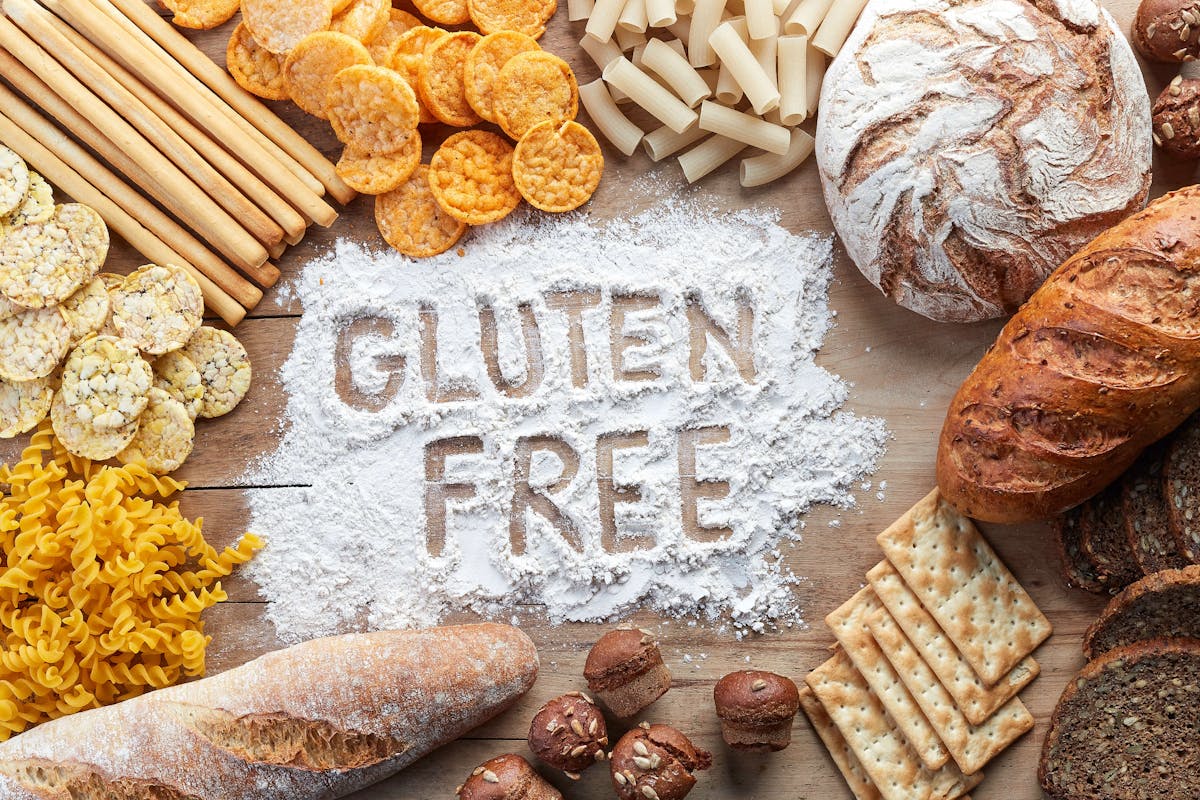Is Going Gluten-Free Good for Your Health?

There’s been a lot of buzz around gluten-free diets in recent years. For people who have been diagnosed with celiac disease, osteoarthritis, irritable bowel syndrome (IBS), or some autoimmune conditions, adopting a gluten-free lifestyle is a necessity. Because gluten can cause inflammation in the body, especially in the digestive tract, people with these diseases may experience pain and cramping after consuming even small amounts of gluten.
A question that often comes up is whether there are health benefits to going gluten-free if you don’t have one of these conditions. Is a gluten-free diet right for everyone? While some who’ve made the transition say they’ve lost weight and feel more energetic, health care professionals say you need to do a little research before giving up gluten.
What Is Gluten?
As you consider adopting a gluten-free diet, it might help to learn what gluten is and where you typically find it. In the simplest of terms, gluten is the name used for a family of proteins that is found in wheat and other grains. It is the substance that holds foods together and allows them to maintain their shape.
According to the Celiac Disease Foundation, wheat-berries, durum, emmer, semolina, spelt, farina, farro, and graham are all forms of wheat that contain gluten. Rye, barley, and triticale also contain gluten. These grains are usually found in cereals, pastries, cookies, breads, pasta, soups, oatmeal, and even beer.
So, what are the pros and cons associated with giving up gluten? Let’s take a closer look.
Pros and Cons of Gluten-Free Diets
First, going gluten-free may force you to cut down on the amount of carbs you consume. If your current diet is filled with sugary baked goods, pasta, and bread, you may find yourself losing a few pounds when you avoid gluten. People with some forms of dermatitis also say their skin problems improve when they eliminate or restrict gluten. Others say they feel more energetic.
But there are some definite drawbacks to skipping gluten. Because many find it a tough diet to follow, they fill up on gluten-free processed foods, such as cookies, breads, and crackers. It makes them less likely to eat healthy foods like fruits, vegetables, and lean protein. That can lead to deficiencies in key vitamins, iron, or other nutrients.
Then there is the fiber factor. People who go gluten-free might not get enough fiber from their diet. That can result in health challenges such as fatigue, constipation, and digestive issues.
The bottom line? If you don’t have a medical condition that requires giving up gluten, discuss the pros and cons with your primary care physician. They can help you evaluate whether it is a good decision for your overall well-being.
Healthy Diets for Older Adults
If you decide a gluten-free lifestyle isn’t right for you, one diet that receives overwhelmingly positive reviews from medical professionals is the Mediterranean Diet. It’s derived from the lifestyle of those who live in countries surrounding the Mediterranean Sea. People there eat a diet consisting of fruits, vegetables, nuts, legumes, and lean protein, and they tend to have lower incidences of heart disease, diabetes, Alzheimer’s, and more.
If you are looking for additional steps you can take to prevent heart disease, 8 Ways to Live a Heart-Smart Lifestyle is a good read. It has suggestions ranging from managing stress to getting quality sleep.